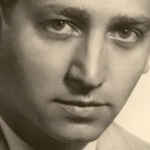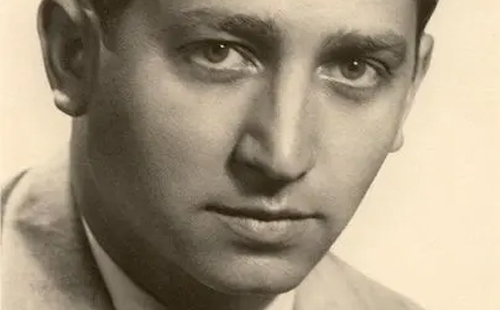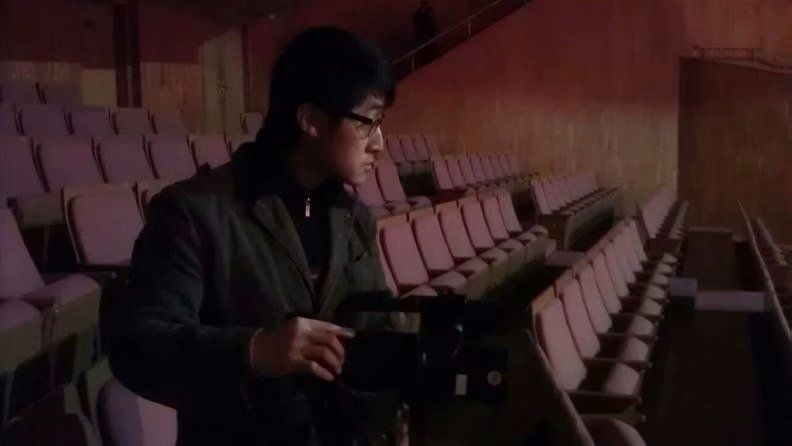Translating Literature vs. Commercial Translation

I was thinking about how translating literature is different from my day job, which is commercial translation, and I came up with two things that I think lay out the difference for me fairly clearly.
The first is the open-ended nature of literary translation, as opposed to the relatively closed requirements of commercial translation. The second is the role of the translator in the translation process.
First, the commercial translator has some very definite success criteria. When you look at a commercial text, it may be complex and multilayered, but ultimately there is an end to those layers. A commercial text is finite. The source text is written with a definite purpose in mind; we generally assume that it successfully fulfills that purpose. If I write a text in the target language that fulfills the same purpose, then my job as a commercial translator is done. For example, I have recently translated some menus: if my menu conveys clearly to the English speaker what the food on offer is, then it’s a successful translation. And there is really no more to be said. A commercial translation can be 100% successful, because the purpose of the source text was limited.
A literary text, on the other hand, is unlimited. It can have echoes and meanings that are infinite in subtlety, and infinite in their reach. A literary text is assumed to have an unlimited audience: it may speak to people that the author has never conceived of, on the other side of the world, or centuries into the future. And so the translator has no set criteria for success. There are various ways in which a literary translation can fail; but there is no way in which it can succeed, in the absolute and closed way that commercial translations can. There will always be the potential for a new translation that brings more value by being better, or just different. For a commercial document, once a successful translation has been created, any further translations (into the same language and for a similar purpose) would simply be a waste of time or money.
Second, the commercial translator for the most part absents herself from the translation process. Of course, we are the doer of the process, but we do not generally inject ourselves into it in any way. In commercial translation, the translator is invisible, because we are unnecessary. The translator’s own perceptions and ideas are not relevant to the desires of the commercial customer – beyond the competences that we must necessarily have. In theory, you could swap us for another translator at any time, and in practice that is often exactly what happens.
In a literary translation process, however, the translator must herself play a role. (It may be that many consumers of translated literature would prefer to imagine that this doesn’t happen, and that the literary translator is an invisible medium, but that’s just not how it works.) We play a role by being readers of the source text. As I translate a poem, for example, from Chinese into English, I examine my own emotions to see how they are being affected by the poem. I ask myself what the words make me feel, and how the rhythms and rhymes intensify the experience. In a commercial translation, I might ask how a scientist would understand this particular technical term, and use my intellectual knowledge and skills to answer the question, then reproduce the understanding in my target text. In a literary translation, I ask myself how I, as a sensitive reader and appreciator of the source literary, feel about this text, then attempt to reproduce that feeling in English. Occasionally, I use other people’s reactions to a literary text – the comments of a critic, or the response of another poet – but for the most part, the way a person reacts to art is so internal and personal, that there is really no way to access any other person’s responses but my own.
I hope that’s a clear exposition of what I think right now. Perhaps in the future my ideas will evolve and I’ll return to this and update or critique it. But this is how the processes feel to me at the moment.




















